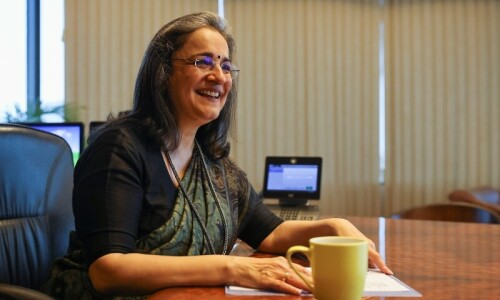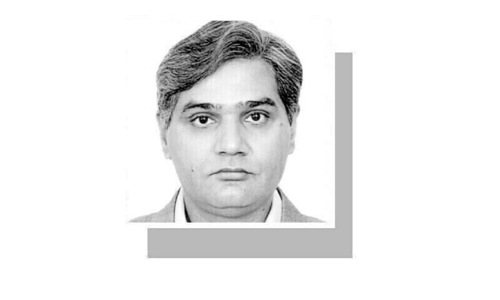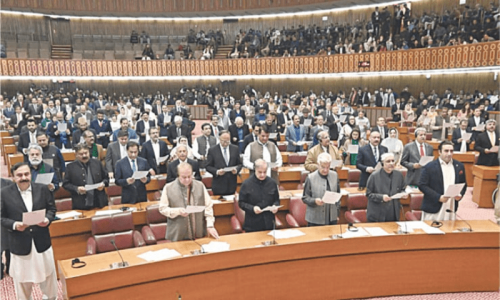DHAKA: An opposition-enforced general strike hampered public life for a second day Tuesday in Bangladesh as violence was reported in parts of the country. The nationwide strike was meant to force the government of Prime Minister Sheikh Hasina to quit to allow for a caretaker government with people from outside political parties to oversee upcoming elections.
On Tuesday, opposition activists clashed with police in northwestern district of Rajshahi, leaving at least 25 people injured, Somoy TV station reported. It said three activists were detained.
Separately, ruling Awami League activists clashed with the opposition supporters in central Bangladesh's Munshiganj district, leaving scores injured, Channel 24 station reported.
On Monday, the first day of the 60-hour strike, two people died and scores of others were injured as protesters set off homemade bombs and torched cars. Security was tight across the capital, Dhaka, with extra police and paramilitary guards on the streets Tuesday.
The protest comes as a Dhaka court is set to deliver verdicts involving a 2009 mutiny at the headquarters of the country's border guards. At least 74 people, including 57 military officials, were killed in the mutiny. Security was tight around the court.
A similar opposition-backed strike last week also turned violent, with at least 16 people killed in clashes.
The violence comes at a time of deep tension in Bangladesh, a nation struggling to overcome extreme poverty, rancorous politics and a string of horrific accidents linked to the garment industry.
The election, expected in January, has become a flashpoint in the decades-old rivalry between Hasina and the opposition leader, Khaleda Zia.
The opposition says Hasina's government is not capable of holding a credible election, and wants a neutral caretaker administration from outside the political parties to oversee the vote.
Hasina has agreed to form a caretaker government, but with members of the ruling and opposition parties. In addition to the election-related violence, a war crimes tribunal stemming from Bangladesh's 1971 war of independence from Pakistan has become another incendiary political issue. Hasina formed the tribunal in 2010, but most of those on trial are members of Jamaat-e-Islami, an Islamic party allied to the opposition. Zia says the trial is politically motivated.
On Sunday, the tribunal sentenced two Bangladeshis to death in absentia for crimes against humanity during the war. Bangladesh says Pakistani soldiers and local collaborators killed 3 million people and raped 200,000 women during the 1971 war.















































